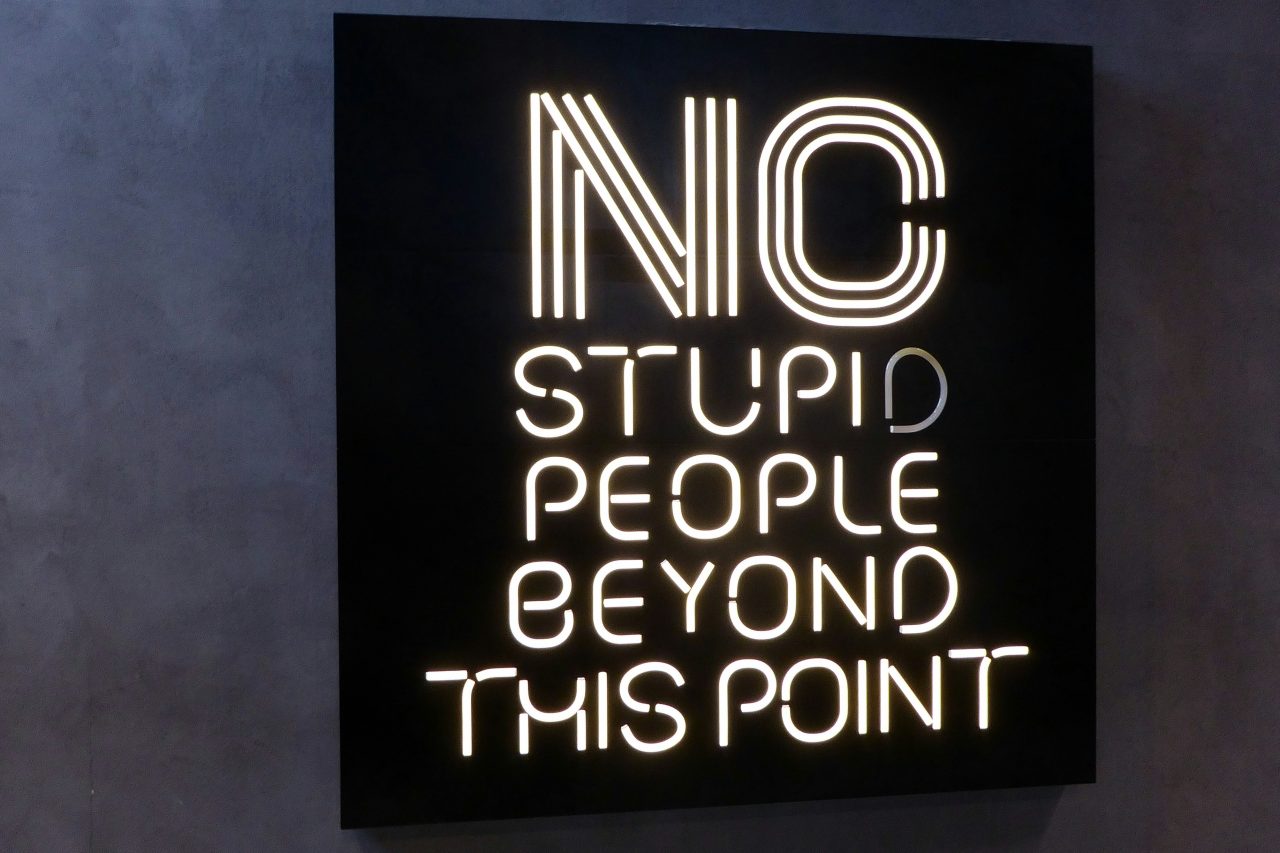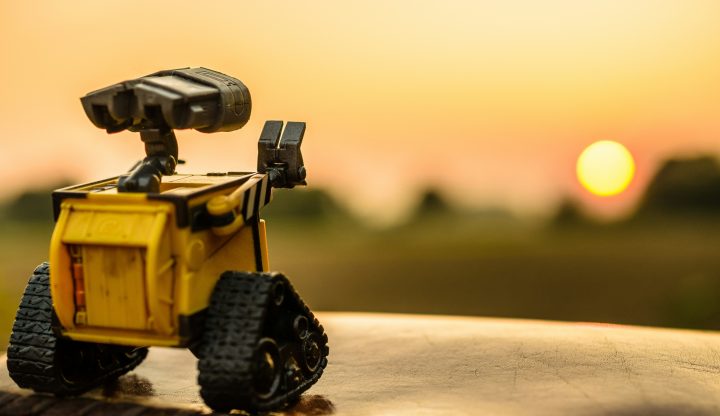We live in strange times.
Machines can write symphonies, paint portraits, and draft love letters and books, all while we humans are still trying to remember our passwords. Artificial Intelligence, the shiny new crown jewel of the digital age, promises efficiency, insight, and innovation. But somewhere between ChatGPT prompts and algorithmic recommendations, a question lingers like an aftertaste: Are we becoming more authentic, or more artificial?
The Paradox of Progress
AI was built to augment us. To make thinking, creating, and connecting easier. But the irony is delicious: in our pursuit of intelligence, we often outsource our own. We copy-paste “perfect” answers, filter our faces into unrecognizable avatars, and let algorithms tell us what to like, who to date, and even how to feel.
If that’s intelligence, I like to think dumbness has a certain charm in it.
Authenticity used to mean something raw, imperfect, human. It was the shaky voice in a live performance, hearing the fingers run the guitar strings on the record, the typo in a heartfelt message, the quirk that made a thing real. Now, we edit, optimize, and polish until what’s left is a flawless shell. Beautiful, maybe, but also hollow.
AI reflects us like a mirror with infinite polish: it might show our intelligence, but definitely hides our humanity. When everything can be generated, what does it mean to genuinely create?
The Real Dumbness
So maybe “real dumbness” isn’t an insult at all. Maybe it’s our saving grace. To be human is to fumble, to learn, to misunderstand, and mostly laugh about it later.
Real dumbness is curiosity without control. The messy process of figuring things out without a guaranteed answer.
AI doesn’t get to be confused. It doesn’t wrestle with doubt or delight in the absurd. That’s our domain.
Finding the Real in the Artificial
Authenticity doesn’t mean rejecting technology. It’s about using it without losing ourselves. It means asking why before how. It means letting imperfection breathe inside a world obsessed with precision.
Artificial intelligence isn’t the enemy. But when we let it think for us, speak for us, be us, that’s when we cross the line from smart to synthetic.
So maybe the real question isn’t “Is AI intelligent?” Maybe it’s “Are we still real?”




